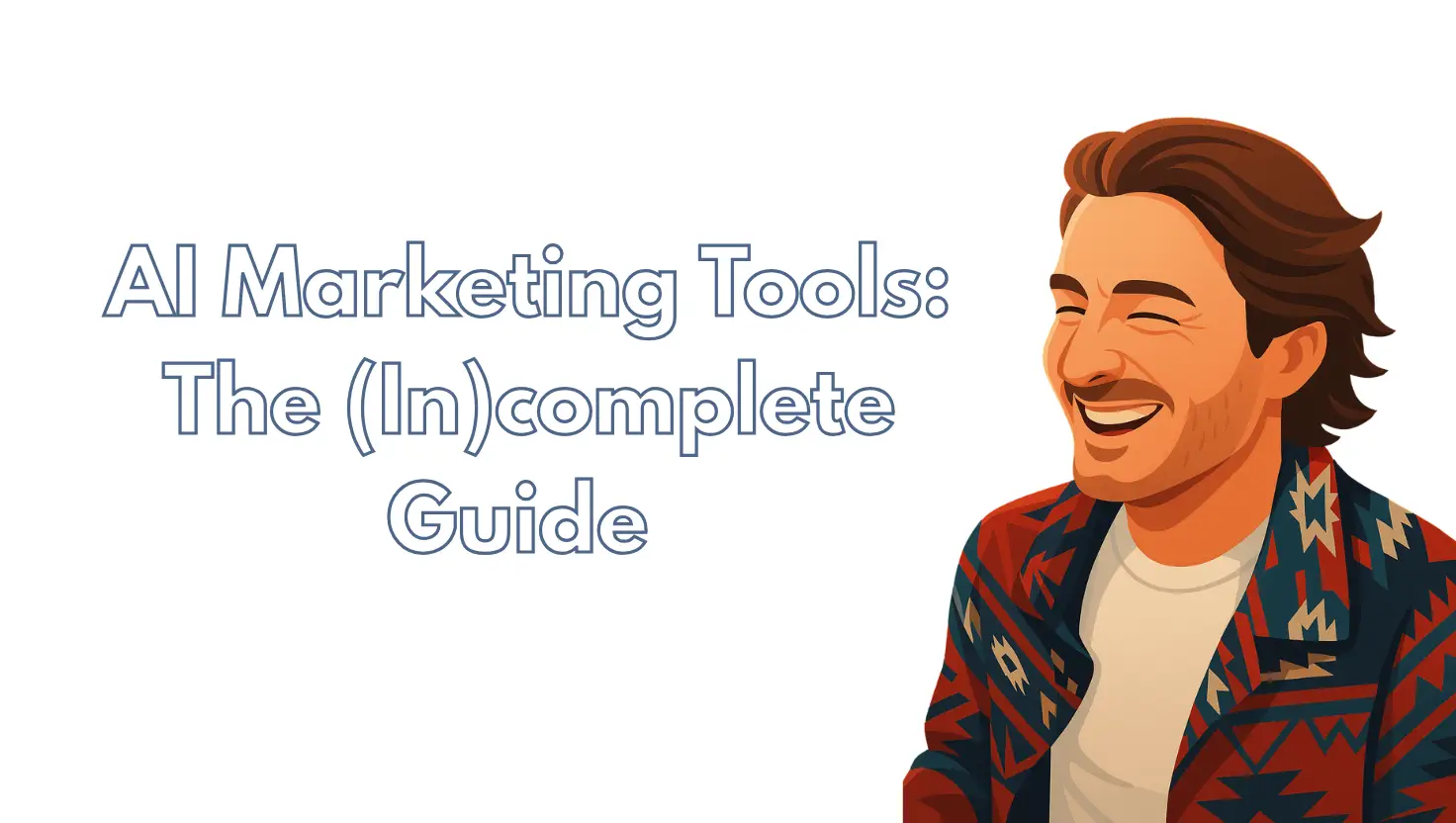The 5-minute verdict on whether this emerging standard matters for your digital marketing strategy
If you’ve been hearing whispers about “llms.txt” in SEO circles and wondering whether it’s the next big thing or just another shiny object, you’re asking the right questions. As someone who manages digital marketing for multiple Texas businesses, I’ve been tracking this development closely to determine if it deserves our attention—and more importantly, our clients’ resources.
Here’s what you need to know, without the hype.
What is llms.txt? The Plain English Explanation
Think of llms.txt as a “cheat sheet” for AI systems like ChatGPT, Claude, and Perplexity. It’s a simple text file that sits on your website and tells AI bots: “Hey, if someone asks about us, here are the most important pages to reference.”
Unlike robots.txt (which tells search engines what NOT to crawl), llms.txt is more like a curated tour guide—highlighting your best content for AI systems that might mention your business in their responses.
The file lives at yourwebsite.com/llms.txt and uses basic markdown formatting to organize links to your most valuable content. That’s it. No complex coding, no expensive implementation.
The Current Reality: Adoption is Nearly Non-Existent
Let me share the data that matters:
- Only 0.3% of top websites have implemented llms.txt (that’s 3 out of 1,000)
- Google explicitly says they won’t use it (John Mueller compared it to the old, defunct keywords meta tag)
- No major AI platform officially supports it (not OpenAI, not Google, not even Anthropic’s Claude)
- Some sites report AI bots checking their llms.txt files, but it appears random rather than systematic
Bottom line: As of January 2025, llms.txt is more experiment than standard.
Why Some Companies Are Implementing It Anyway
Despite the lack of official support, some smart companies are adding llms.txt files. Here’s their logic:
1. It’s a 30-minute insurance policy Creating a basic llms.txt file takes about as long as writing a good blog post. If AI search explodes (Semrush projects it could overtake Google by 2027), early adopters win.
2. AI-referred traffic converts like crazy Companies seeing traffic from ChatGPT report conversion rates 4.4x higher than traditional organic search. When AI recommends you, users arrive pre-sold.
3. Documentation-heavy sites see immediate value If you’re in SaaS, technical services, or have extensive product documentation, AI coding assistants might already be crawling your content.
The MKDM Recommendation: A Pragmatic Approach
After analyzing the data and considering implementation costs versus potential ROI, here’s my recommendation for most businesses:
Yes, implement a basic llms.txt if:
- Your implementation time is under 1 hour
- You have clear, evergreen content to highlight (service pages, comprehensive guides, FAQs)
- You’re already ranking well in traditional search (llms.txt won’t fix fundamental SEO problems)
- You’re in a technical or B2B space where early adopters use AI tools heavily
Skip it for now if:
- You’re struggling with basic SEO fundamentals
- Your website has fewer than 20 pages
- You’re in a purely local service business with minimal online content
- Your marketing budget is stretched thin
How to Implement llms.txt (The 30-Minute Version)
If you decide to move forward, here’s the streamlined approach:
Create a plain text file named “llms.txt”
Structure it like this:
# [Your Business Name]
> One-sentence description of what you do
## Products/Services
[Service Page 1](URL): Brief description
[Service Page 2](URL): Brief description
## Resources
[Your Best Guide](URL): What it covers
[FAQ Page](URL): Common questions answered
## About
[About Page](URL): Company background
[Contact](URL): How to reach us
Upload to your root directory (where your robots.txt lives)
Update quarterly (or whenever you publish significant new content)
That’s it. No plugins needed, no ongoing maintenance required.
What This Means for SEO in 2025 and Beyond
The llms.txt debate represents something bigger than a single file format—it’s about the fundamental shift in how people find information online.
Traditional SEO optimized for Google’s algorithm. Now we’re entering an era where we need to optimize for:
- AI answer engines (ChatGPT, Perplexity, Claude)
- Voice assistants getting smarter
- Zero-click searches where users never visit your site
Whether llms.txt becomes the standard or something else emerges, the core principle remains: Your content needs to be easily understood by both humans and AI systems.
The Bottom Line for Texas Businesses
For my energy sector clients and other Texas businesses, here’s my frank assessment:
llms.txt is a low-risk, low-cost experiment worth trying—but it shouldn’t distract from proven fundamentals. Spend 30 minutes implementing it, then get back to what actually drives results:
- Creating valuable, authoritative content
- Building genuine backlinks
- Optimizing for mobile and page speed
- Managing your Google Business Profile
- Running strategic paid campaigns
If AI search takes off and llms.txt becomes important, you’ll be ready. If it fizzles out (like many “revolutionary” SEO tactics before it), you’ve lost nothing but half an hour.
Next Steps
For current MKDM clients: I’m happy to implement llms.txt for your sites at no additional charge during our next maintenance window. It’s a simple addition that might pay dividends down the road.
For businesses evaluating their digital strategy: Focus first on getting the fundamentals right. Once your traditional SEO is solid, then consider emerging opportunities like llms.txt.
Remember: The best SEO strategy isn’t about chasing every new trend—it’s about making smart, data-driven decisions that align with your business goals and resources.
Have questions about llms.txt or other emerging SEO trends? Let’s discuss how they fit into your digital marketing strategy. Contact MKDM for a pragmatic, no-hype consultation.
Matt Kundo
Digital Marketing Consultant | Austin, TX
Helping Texas businesses navigate the evolving digital landscape with strategies that actually work


